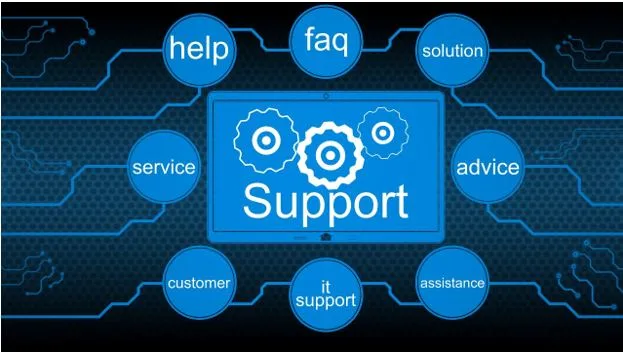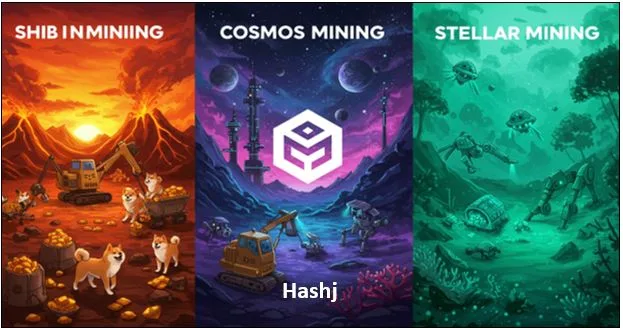Streamlining Google Meet Meetings: Expert Tips for Maximum Efficiency
Video conferencing has become essential for modern business communication, with Google Meet serving as a primary platform for professional virtual meetings. However, many organizations struggle with meeting inefficiency, spending countless hours in poorly managed calls that drain productivity. The key to transforming your Google Meet experience lies in implementing strategic approaches that maximize collaboration while minimizing wasted time.
1. Leverage Intelligent Note-Taking Solutions
One of the most significant productivity drains in virtual meetings stems from the cognitive burden of simultaneous participation and documentation. Traditional note-taking forces participants to choose between active engagement and comprehensive record-keeping, often resulting in incomplete action items and missed crucial details.
Modern AI-powered documentation tools have transformed this challenge into an opportunity for enhanced productivity. A Google Meet note-taker can automatically capture conversation highlights, identify action items, and generate structured summaries without requiring manual intervention. This technology allows participants to focus entirely on meaningful contribution rather than frantically scribbling notes.
The implementation of automated note-taking systems delivers multiple benefits beyond simple transcription. These tools can identify key decision points, track speaking time distribution, and even flag unresolved issues for follow-up. Advanced solutions integrate with project management platforms, automatically creating tasks and assigning responsibilities based on meeting discussions.
2. Master Recording Protocols for Strategic Knowledge Management
Recording capabilities represent one of Google Meet’s most underutilized features, yet they provide immense value for organizational knowledge retention and accountability. Understanding when and how to record meetings strategically can transform your team’s approach to information management.
Can you record meetings on Google Meet? The answer depends on your account type and organizational settings. Google Workspace users with Business Standard, Business Plus, Enterprise, or Education accounts can access native recording functionality. The feature requires activation by workspace administrators and operates under specific privacy guidelines.
Can you record Google Meet meetings effectively for different use cases? The key lies in establishing clear protocols for different meeting types. Training sessions benefit from comprehensive recording for future reference, while brainstorming sessions might require selective recording to capture only final decisions.
Recording management extends beyond simple activation. Successful organizations develop systematic approaches to recording storage, access control, and retention policies. The Google Workspace Admin Help documentation provides comprehensive guidance on managing recording permissions and storage limitations.
Storage optimization becomes crucial as recording libraries grow. Understanding how to delete meetings in Google Meet recordings prevents storage bloat while ensuring compliance with data retention policies. This process involves accessing the Google Drive folder where recordings are automatically stored and implementing systematic deletion schedules.
3. Implement Pre-Meeting Optimization Strategies
The foundation of efficient Google Meet sessions lies in comprehensive preparation that begins long before participants join the call. Strategic pre-meeting optimization can reduce actual meeting time by up to 40% while improving outcome quality and participant satisfaction.
Agenda development represents the cornerstone of effective meeting preparation. Create structured agendas that include specific objectives, allocated time blocks, and designated discussion leaders. Distribute these agendas at least 24 hours in advance, allowing participants to prepare relevant materials and formulate thoughtful contributions.
Pre-meeting material distribution eliminates the need for lengthy presentations during live sessions. Share documents, reports, and background information through integrated platforms, requiring participants to review materials beforehand. This approach transforms meetings from information delivery sessions into collaborative decision-making forums.
The Harvard Business Review’s research on meeting efficiency demonstrates that smaller, more focused groups consistently produce better outcomes than large, unfocused gatherings.
Conclusion
Transforming Google Meet from a necessary burden into a productivity multiplier requires intentional implementation of these strategic approaches. Automated note-taking eliminates documentation burden, strategic recording creates valuable knowledge repositories, and pre-meeting optimization maximizes engagement while minimizing wasted time. The most successful organizations treat meeting efficiency as a core competency, investing in proper meeting management that pays dividends through enhanced decision-making and clearer communication.





